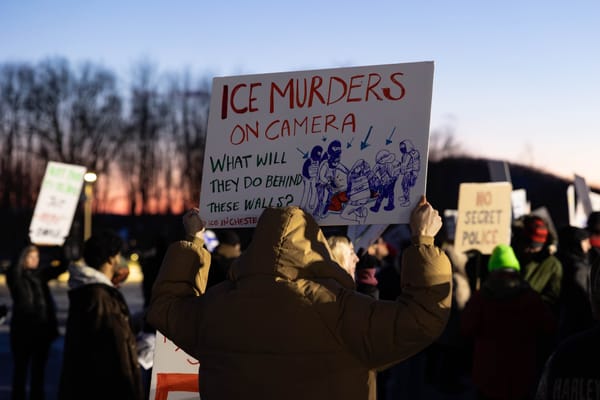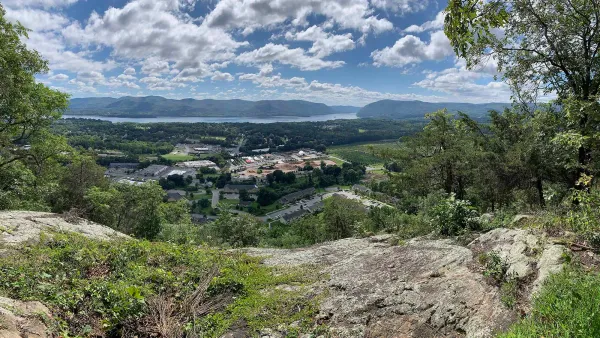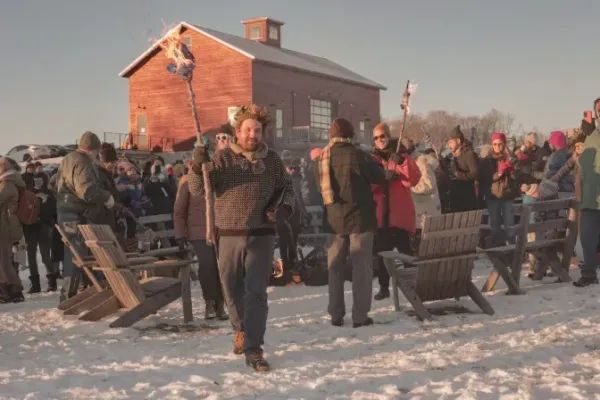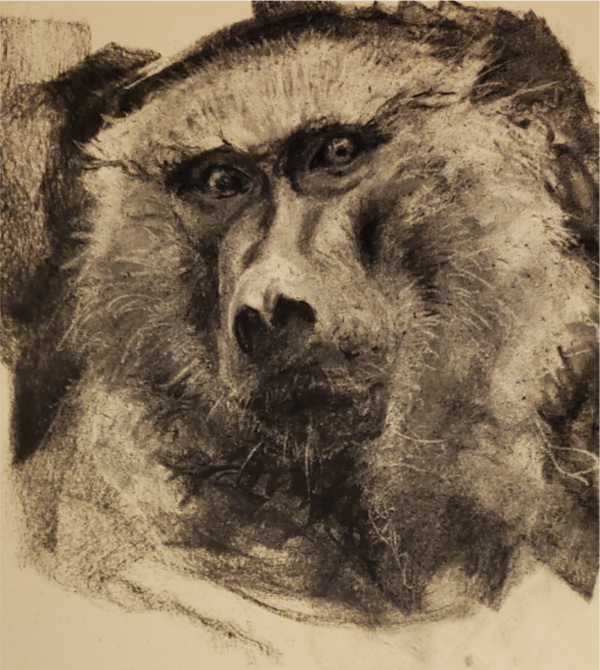The Rural We: David Taylor Ives
The four-time Nobel Peace Prize nominee has written a memoir about his experiences as a Peace Corps volunteer.

The four-time Nobel Peace Prize nominee has written a memoir about his experiences as a Peace Corps volunteer.
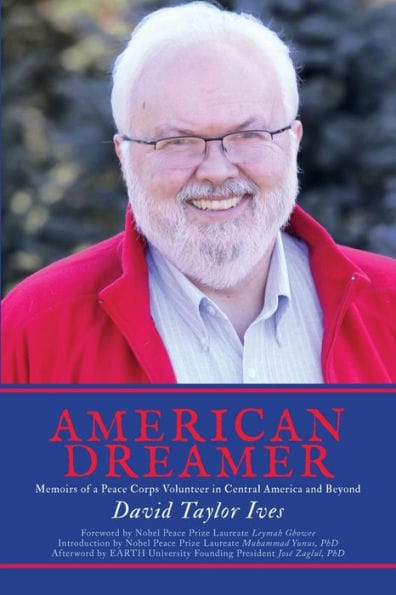
David T. Ives has had a fascinating career, beginning with his days as a Peace Corps volunteer in Costa Rica. That experience, which he chronicles in his new book “American Dreamer: Memoirs of a Peace Corps Volunteer in Central America and Beyond,” put him on a path in service to his passions: politics, history and activism. A multiple Nobel Peace Prize nominee, he has dedicated his life towards making the world a better place. Most recently he is the former executive director of the Albert Schweitzer Institute of Quinnipiac University as well as adjunct professor of international relations, political science, philosophy and Latin American studies. Ives is a resident of Rhinebeck, New York. We spoke with him through a Q&A exchange.
RI: Of all your many accomplishments, what are you proudest of, and why?
DI: It’s hard to say. I think being able to inspire thousands of young people around the world to make a positive difference in their own lives and the lives of others. I like to think that I helped people explore and accept the richness of cultural difference.
RI: In talking about your position at the Albert Schweitzer Institute, you said, “In the spirit of Schweitzer, I too tried to make my life my argument.” Can you explain what you meant by that?
DI: When I first took the position as executive director of the Albert Schweitzer Institute, I spent some time with Dr. Schweitzer’s daughter, Rhena. She explained that Dr. Schweitzer thought that the time for talking and/or preaching was done. If the time for talking was past, it was now time for action and that actions often speak louder than words. I hope the actions I took and the examples I set spoke louder than words.
RI: You’ve worked on some of the most complicated issues out there (world peace, poverty, etc.) and seem to have stayed so positive and hopeful. How have you managed that?
DI: I didn’t always stay positive such as when I caught a disease called Guillain Barre syndrome, which turned me into a temporary quadriplegic, only I didn’t think it was going to be temporary. I’ve had to learn to walk three times in my life, once when I was born, then polio, and the GB Syndrome which I was able to do because of the treatment and therapy that was available to me. It made me more determined than ever to try to get some degree of physical therapy into countries in the developing where little or no therapy was available. I think that physical and occupational therapy is a human right and I like to think that I played a bit of a role to help disabled people in other countries live and function better in their everyday lives. Now I am fighting against Parkinson’s Disease and I find it at times difficult. But I remember that I am one of the lucky ones and I get what I need to combat this new challenge. Many people are not as lucky as I am.
RI: How does your life experience inform your perception of what’s currently happening — COVID-19, extreme partisanship, the nationalist movement?
DI: People have lost the ability to listen and the ability to compromise. Too many people think that their opinions are sacrosanct and it is a sign of weakness if you change your mind. I have worked with people in poverty in Central America, visited 56 countries, been on all the continents but Antarctica, and discussed problems with world leaders, Nobel Peace Laureates and people living in shacks. I’ve found that there is no difference in the desires that each person has. They want to feed and clothe and house their families, get medical care when they need it and help their kids become educated and get a job so they can lead a dignified existence. Basically, the countries with a sizeable middle class are more stable than countries with an upper class and a lower economic class. People who do not have that stability will do anything including immigrating to other countries to provide for their families.
RI: What do you like most about living in the Hudson Valley?
DI: love the beauty of the Hudson Valley, the kind people that live here and the tremendous concern for others that I have observed both in our own back yard and globally.
